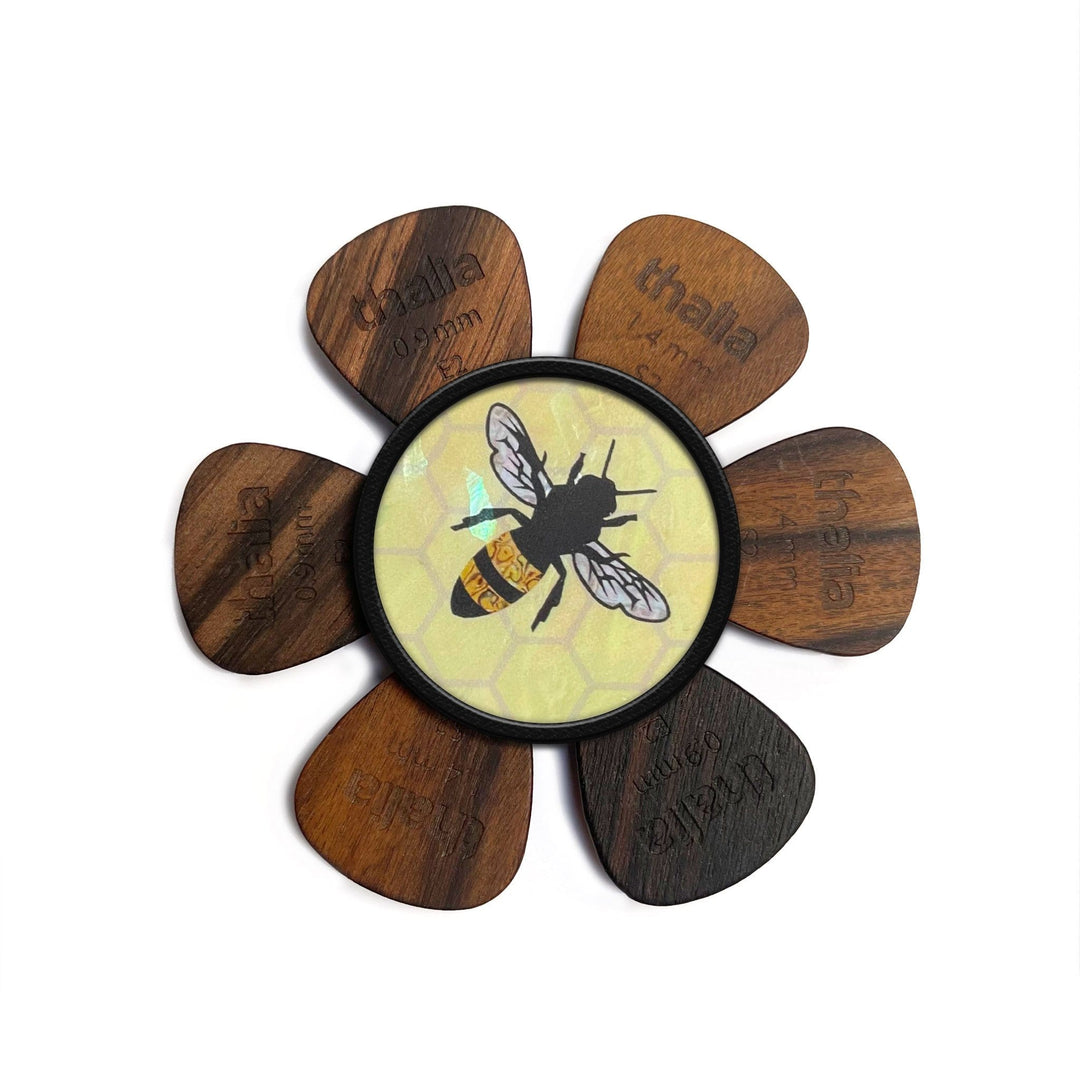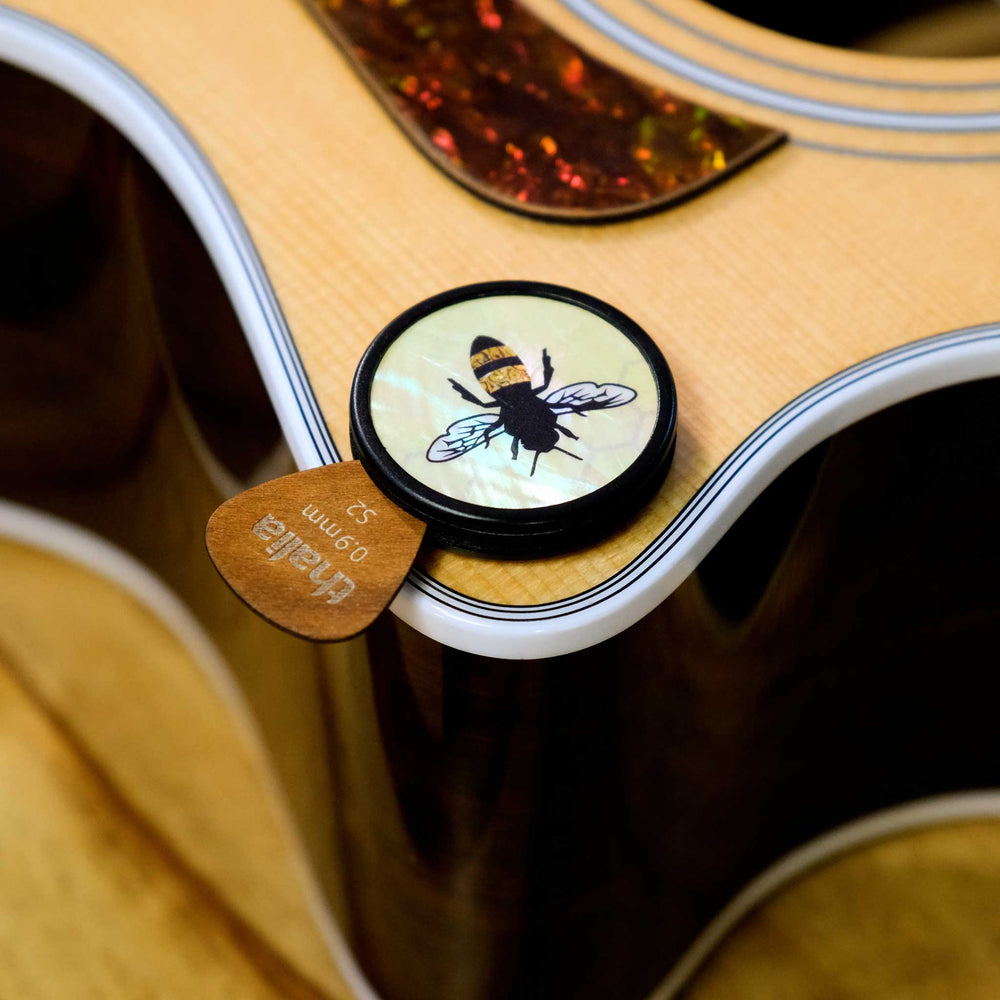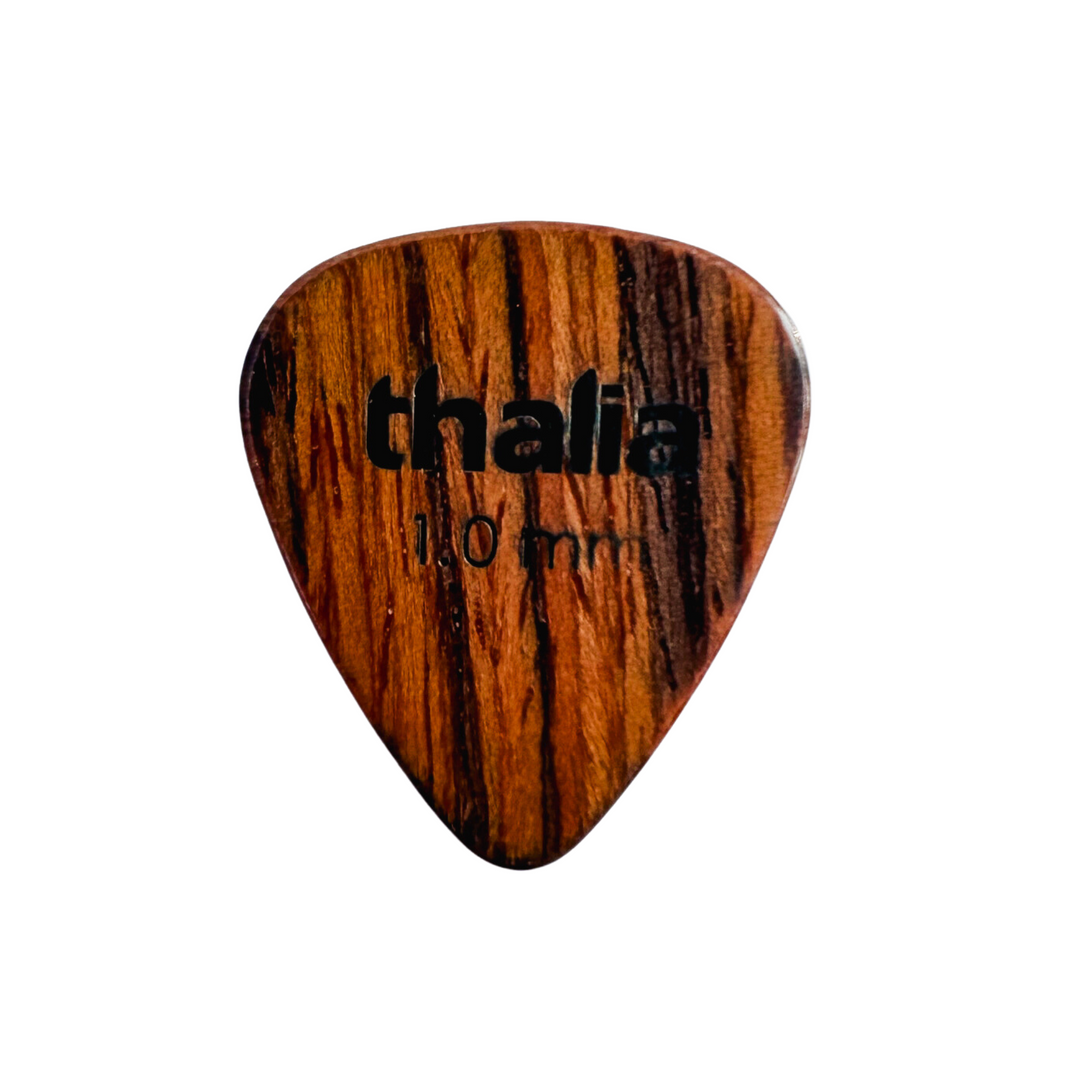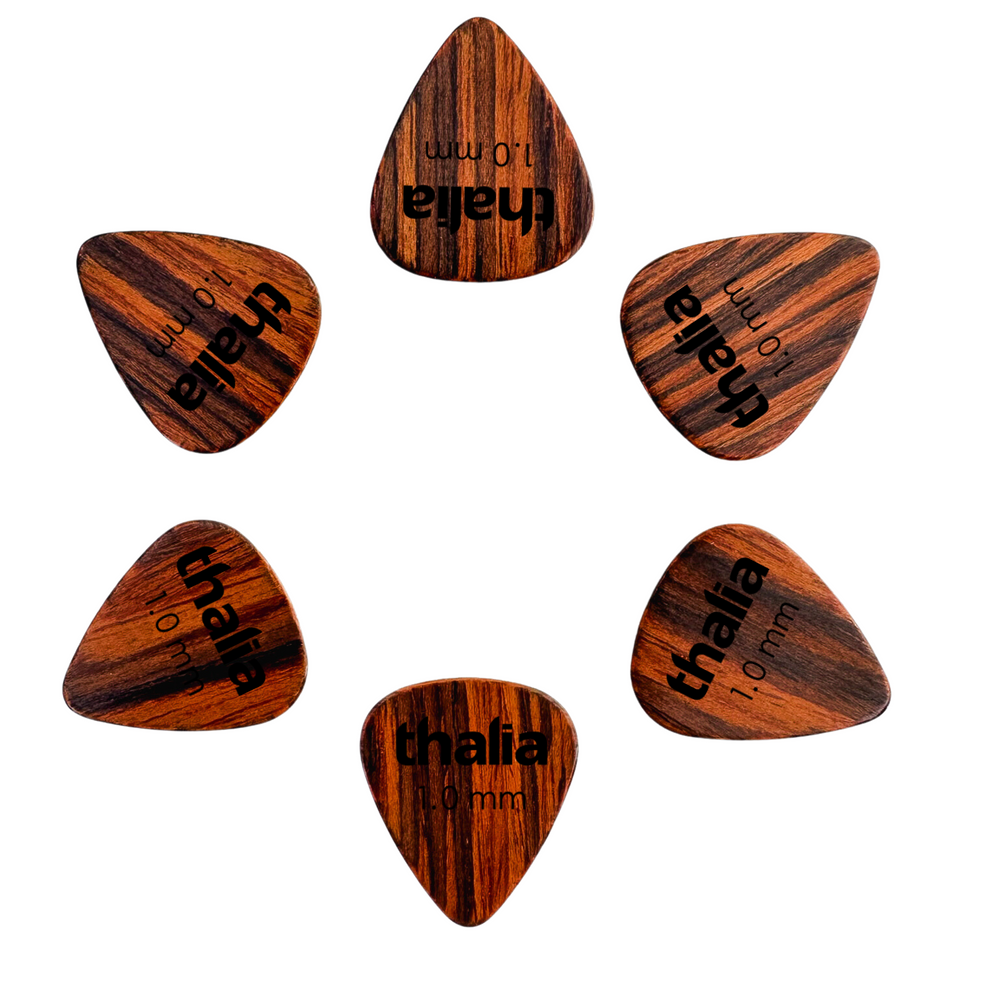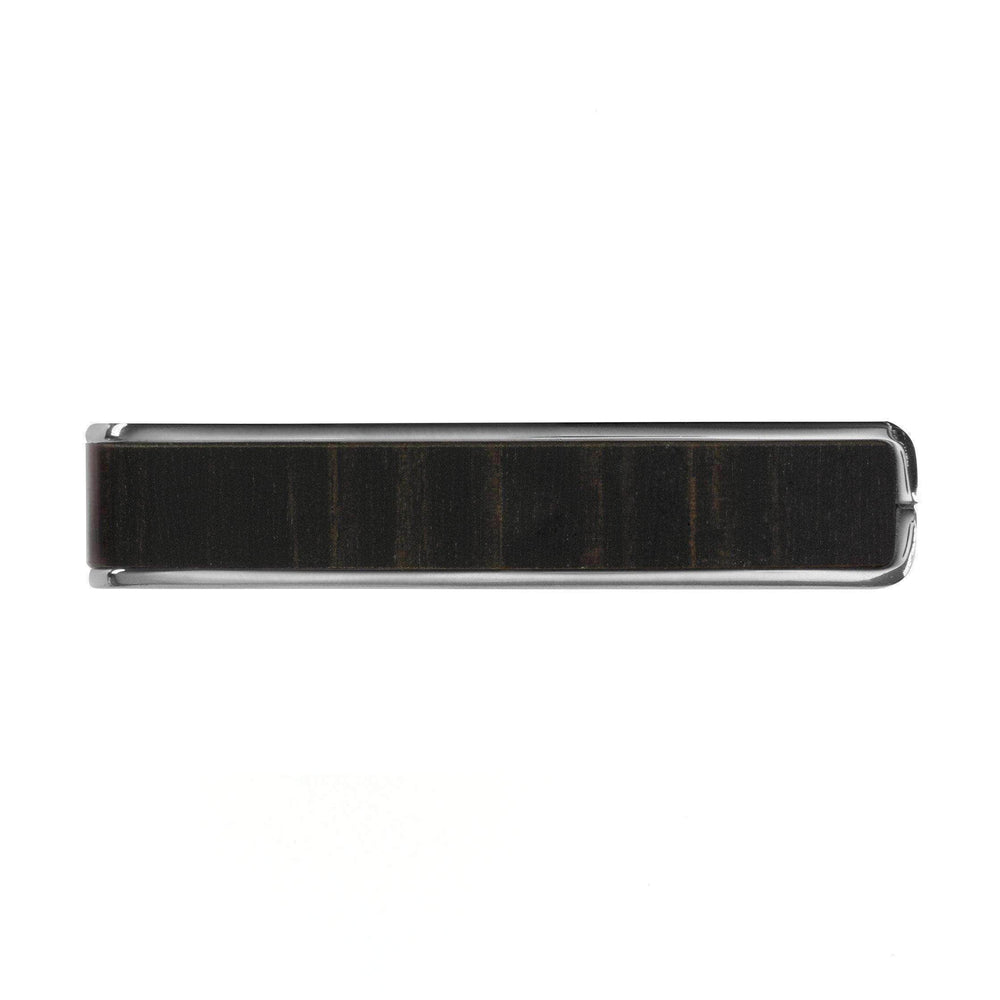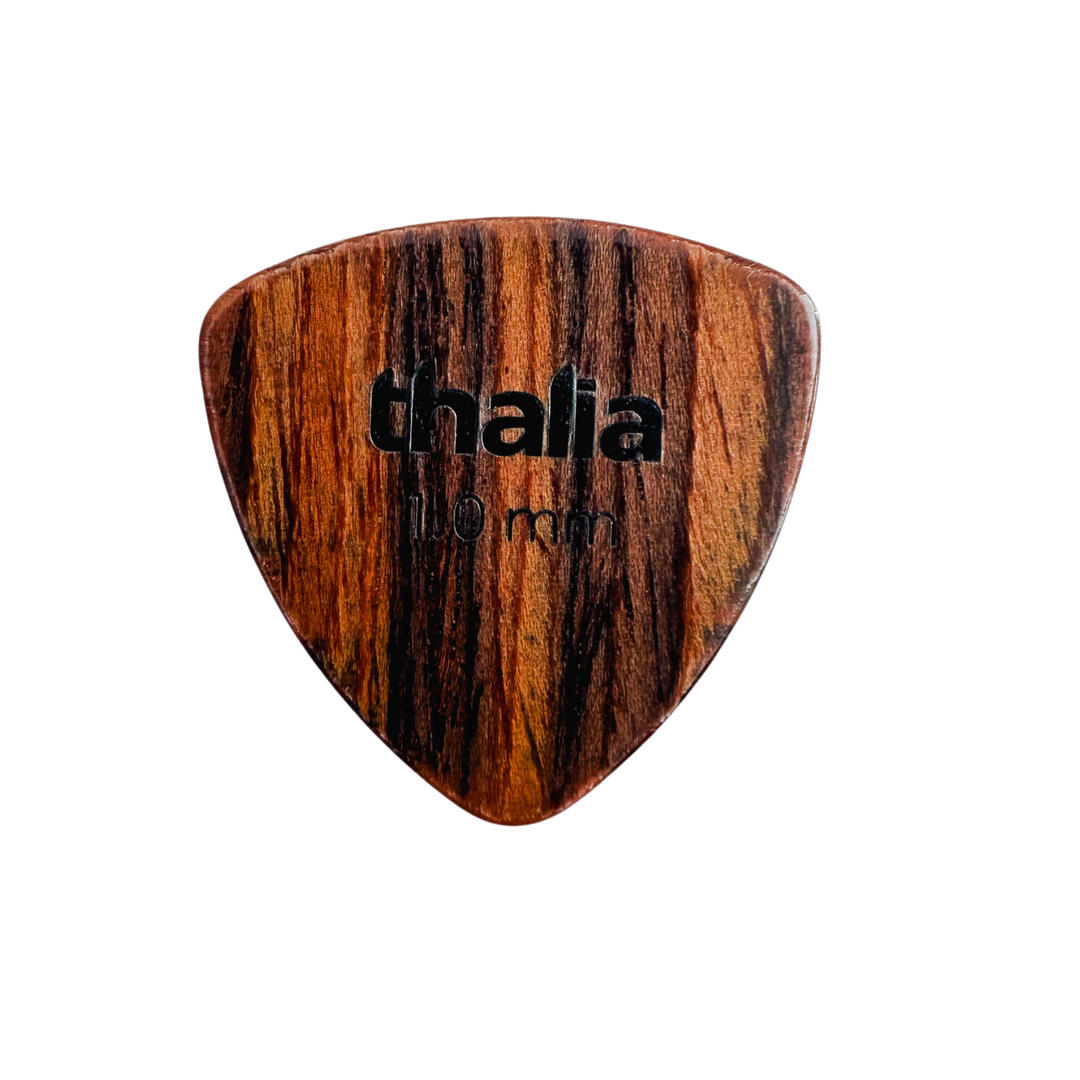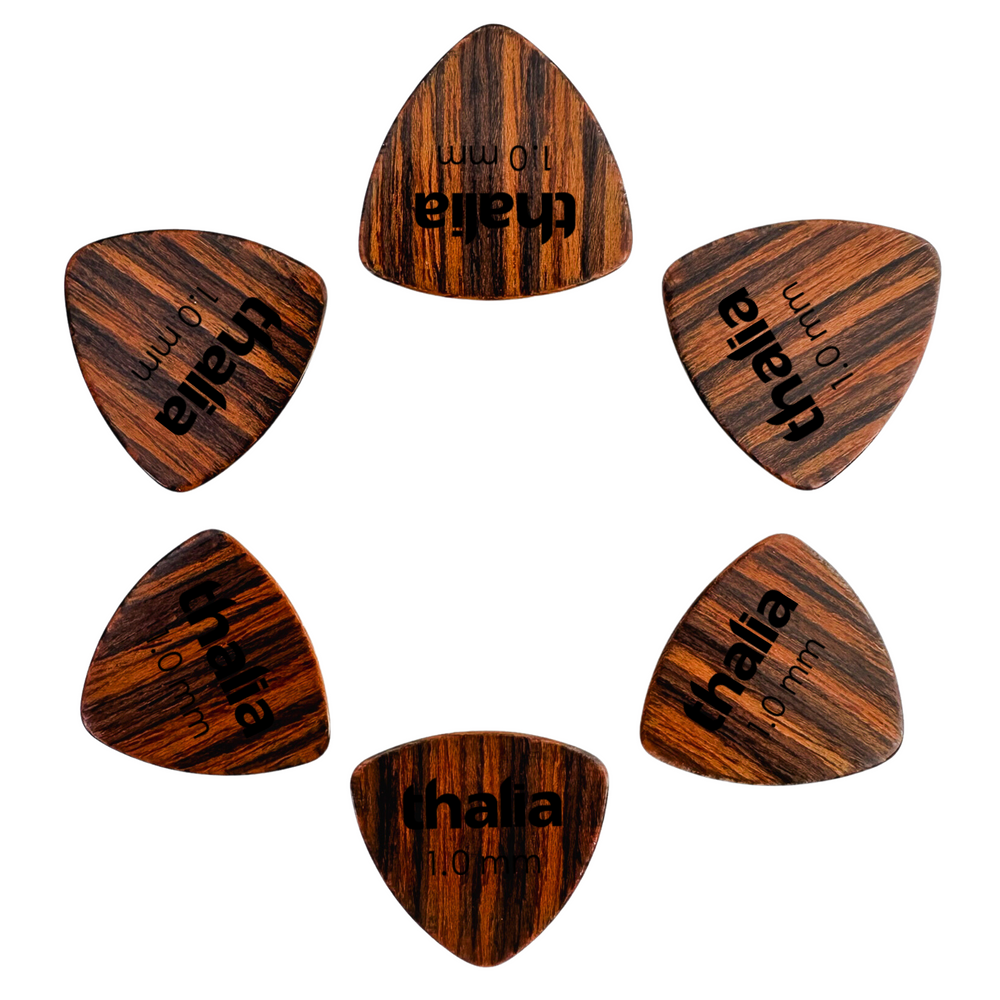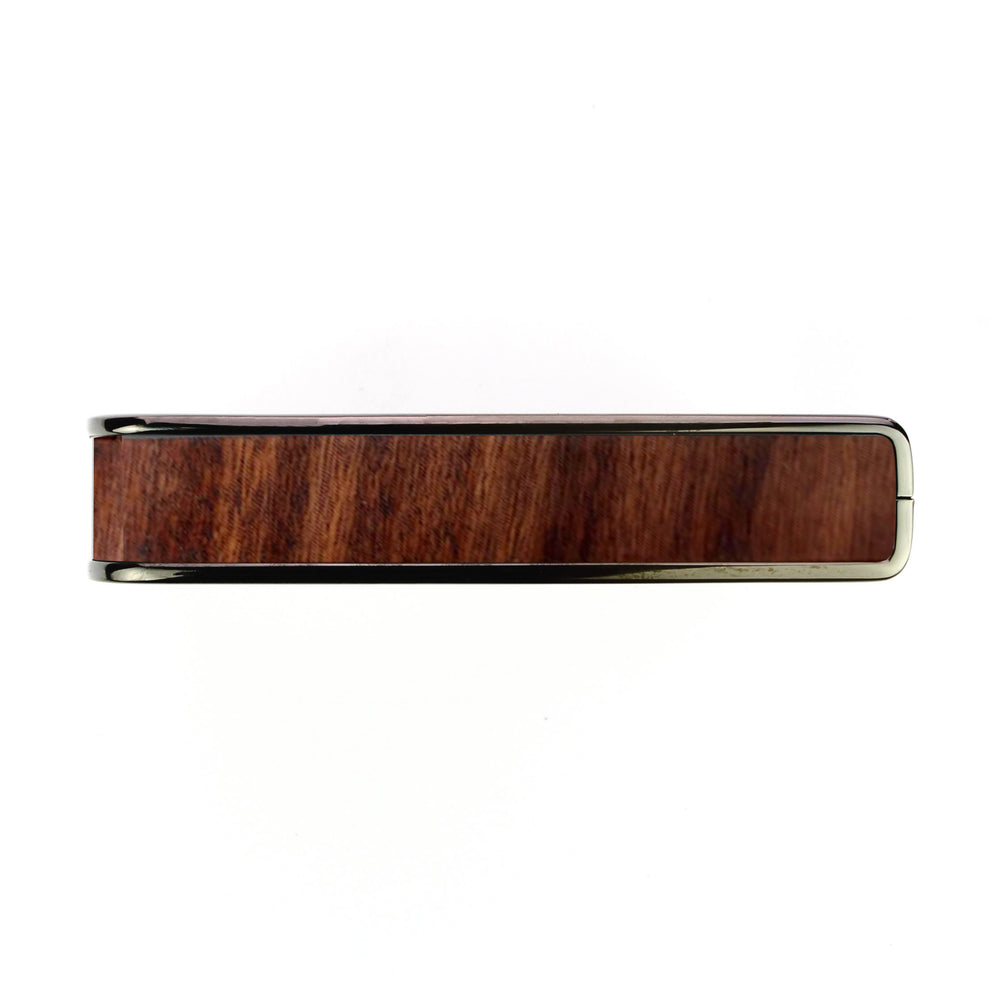What BB King Taught Me About… Phrasing
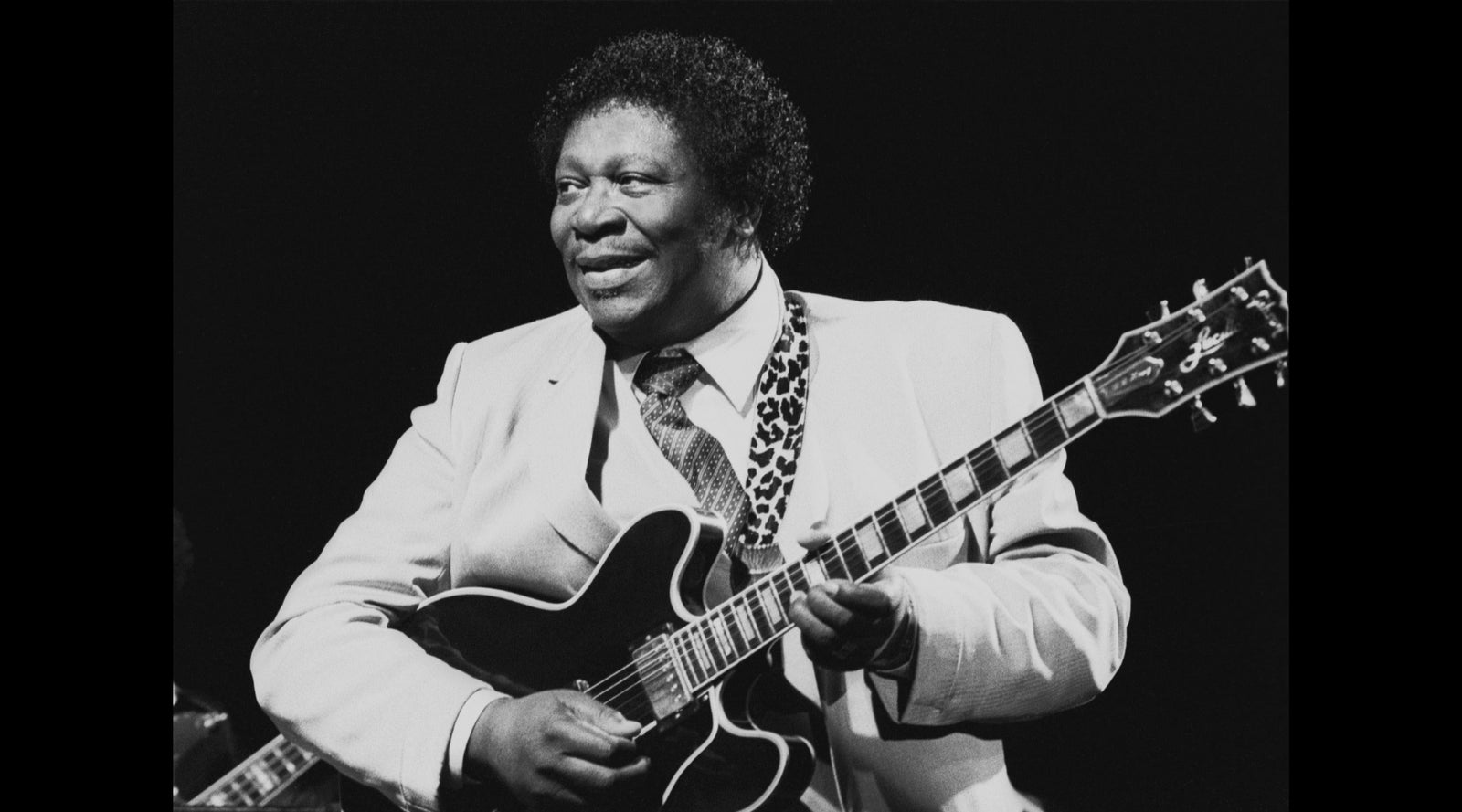
When you were a beginner guitarist, did you ever struggle with lead playing?
I know I did.
I started out the way everyone else started: learning the minor pentatonic scale in different keys, and then playing it over different chord progressions.
But, in those early days, my lead playing never sounded like lead playing. It was dull and monotonous. In fact, it just sounded like I was playing one long, never-ending scale.
This was incredibly frustrating. I couldn’t understand where I was going wrong, and it got to the point where I was about ready to throw in the towel.
Fortunately, a guitar-playing friend came along with a recommendation.
“Listen to B.B. King,” he told me. “Pay attention to what he’s doing, but also pay attention to what he’s not doing.”
So I did. In fact, this recording of B.B. King performing “The Thrill is Gone” at Montreux in 1993 was the one I checked out.
It’s a phenomenal performance from King. That lead line speaks to your soul. It talks to you, just as much as B.B. does with his voice and words.
The penny started to drop at that point.
“He really makes that guitar sing”; can you think of a more clichéd way to describe a great guitarist? There’s truth in it though.
The difference between my rubbish “glorified scale-practice” lead playing and B.B. King’s stirring, emotive work was that B.B. was treating his guitar like an extension of his voice.
He didn’t just mechanically run through scales. He paused for emphasis, used loud and quiet dynamics to convey different feelings, and accentuated certain notes to give them meaning. How he phrased his guitar playing was very considered and deliberate.
What B.B. was doing was listening to what the rest of the band was doing. This meant his lead playing wasn’t just shouting over the top of everyone; it was taking part in the conversation.

At around the four-and-a-half minute mark, when the band pulls back, B.B. pulls right back with them; his playing almost a whisper. As the drummer starts driving the hi-hat again, B.B. starts speaking up with him, his lines accented in response to the loudening rhythm guitar backing.
It took me a while longer to realize what he wasn’t doing. Like any great conversationalist (and very much unlike my teenage self) King also knew when to shut up.
Listening back to that recording later, I noticed just how many periods of rest and silence there were in his playing. He held back for emphasis; let lines sit. It was almost like his guitar was breathing. He’d hold a note for a bar, or just not play anything at all.
My guitar hadn’t been breathing. It had been barking until it was blue in the face. Listening to it was like getting cornered by someone at a party who will not stop blathering on about something of complete inconsequence, regardless of how many cues you give them that you’re not interested. After listening to “The Thrill is Gone,” though, I realized that, sometimes, playing less made it sound like you were playing so much more.
I’m still not a great lead guitarist by any stretch of the imagination. But I’m a better lead guitarist for listening to B.B. King. Thanks to him, I learned what it means to make a guitar speak.
What other guitarists are masters of phrasing? And who inspires you in your lead playing? Share your stories in the comments.








